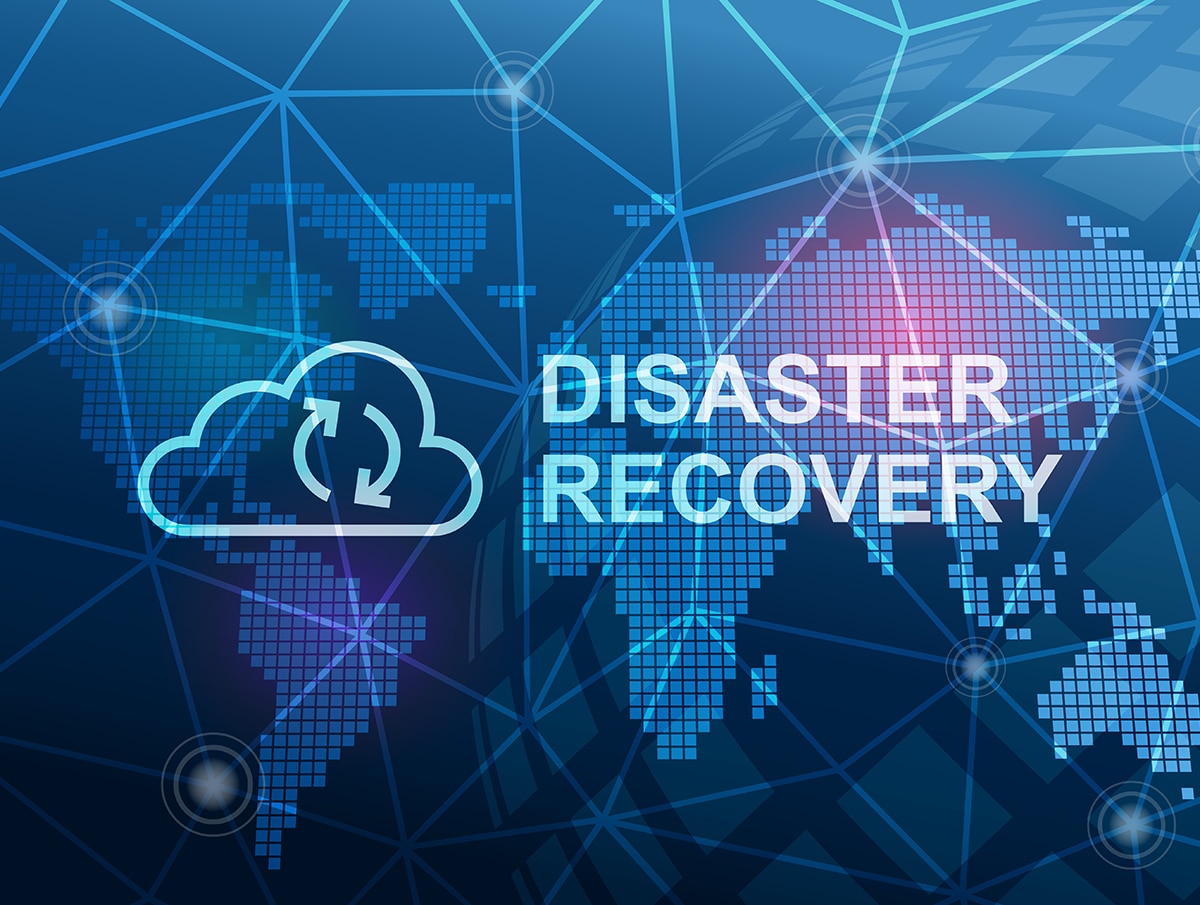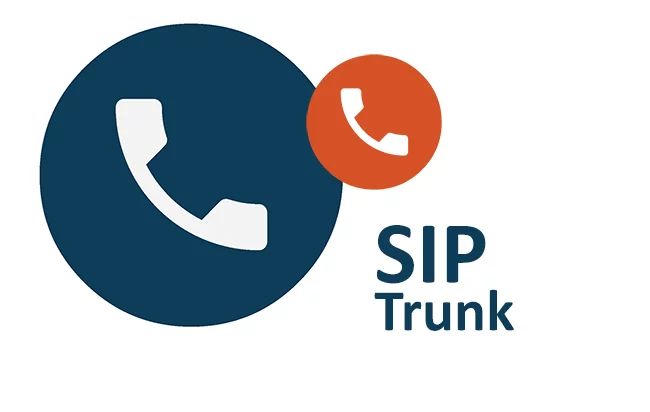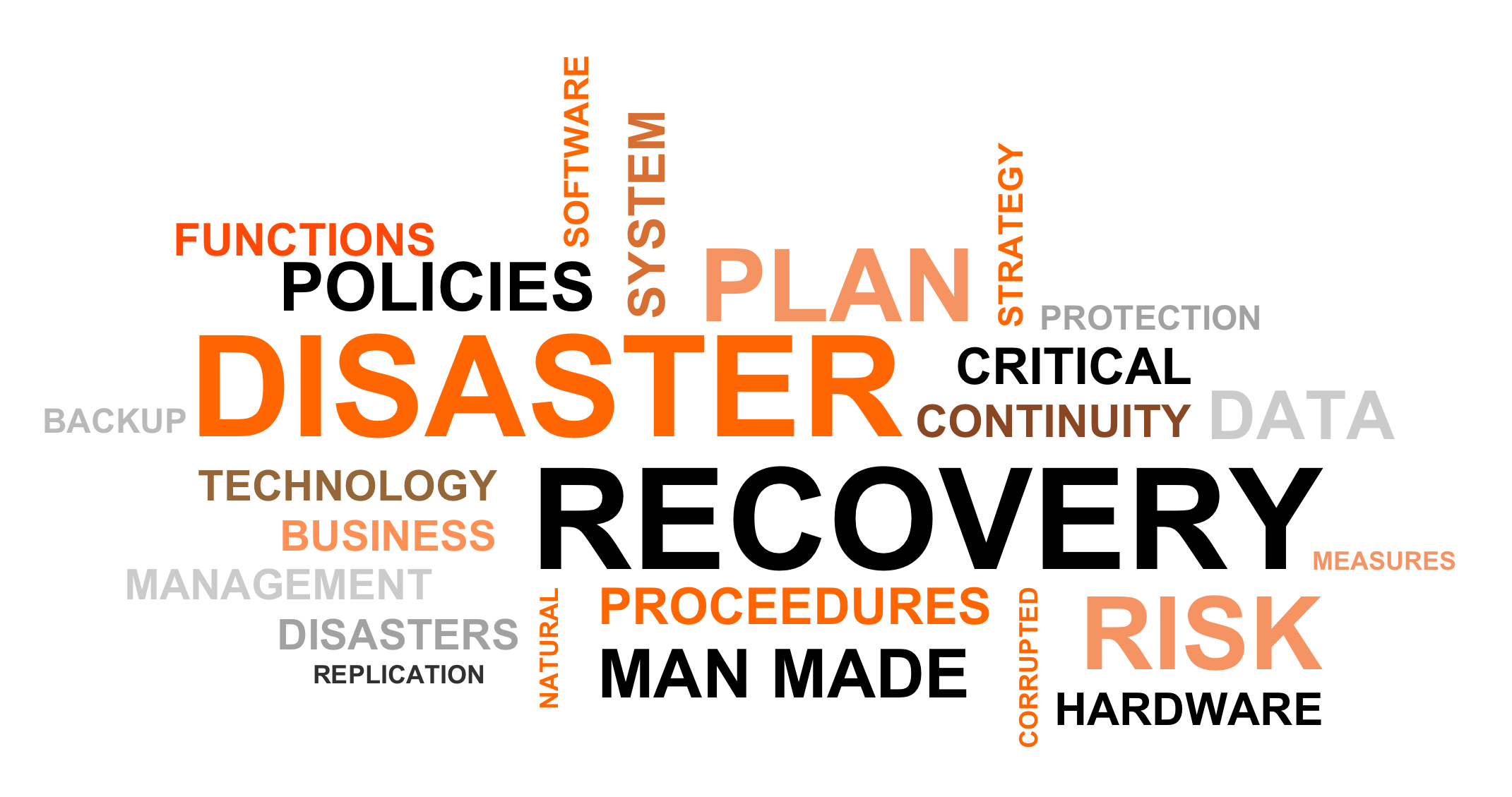
Protecting Your Small Business with Disaster Recovery Services
In today’s digital landscape, small businesses face an array of threats ranging from cyberattacks to natural disasters. The impact of any disruptive event can be devastating, leading to data loss, operational downtime, and financial setbacks. To mitigate these risks, it’s crucial for small businesses to invest in disaster recovery services for small business. These services provide the necessary tools and strategies to ensure business continuity and protect valuable assets. This article delves into the importance of disaster recovery services and how they can safeguard your small business.
Understanding Disaster Recovery Services
Disaster recovery services encompass a range of strategies and tools designed to help businesses recover from unplanned incidents. These services ensure that critical data is backed up and that operations can resume quickly after a disruption. Effective disaster recovery planning is essential for minimizing downtime and ensuring that your business can continue to operate in the face of adversity.
Why Small Businesses Need Disaster Recovery Services
- Data Protection
Small businesses often hold sensitive customer information, financial records, and proprietary data. Losing this data can have severe consequences, including legal liabilities and loss of customer trust. Disaster recovery services ensure that data is regularly backed up and can be restored quickly. - Minimized Downtime
Downtime can be costly for small businesses, resulting in lost revenue and diminished customer satisfaction. Disaster recovery services help minimize downtime by providing rapid recovery solutions, allowing businesses to get back on track as quickly as possible. - Enhanced Security
With the rise in cyber threats, small businesses are increasingly vulnerable to attacks such as ransomware and phishing. Disaster recovery services often include robust security measures, such as encryption and real-time monitoring, to protect against these risks. - Compliance and Legal Protection
Many small businesses are subject to industry regulations regarding data protection. Implementing disaster recovery services can help ensure compliance with these regulations, reducing the risk of legal penalties. - Peace of Mind
Knowing that you have a solid disaster recovery plan in place can provide peace of mind. Business owners can focus on growth and innovation rather than worrying about potential disruptions.
Key Components of Disaster Recovery Services
When selecting disaster recovery services for your small business, consider the following key components:
1. Data Backup Solutions
A reliable disaster recovery service should provide comprehensive data backup solutions. This includes:
- Automatic Backups: Regular, automated backups ensure that your data is consistently protected without requiring manual intervention.
- Cloud and Local Storage Options: Flexibility in choosing between cloud-based or on-premises backups allows businesses to select the solution that best fits their needs.
2. Recovery Time Objectives (RTO) and Recovery Point Objectives (RPO)
Understanding RTO and RPO is crucial for effective disaster recovery planning.
- RTO: This is the maximum acceptable time your business can be down after a disaster. A shorter RTO means your business can resume operations quickly.
- RPO: This refers to the maximum amount of data loss that is acceptable, measured in time. A shorter RPO indicates that your backups are more frequent and reliable.
3. Security Measures
With the increasing prevalence of cyber threats, security is a top priority.
- Encryption: Look for services that offer data encryption both at rest and in transit to protect sensitive information.
- Multi-Factor Authentication (MFA): Implementing MFA adds an additional layer of security, ensuring that access to data is restricted to authorized personnel.
4. Support and Expertise
Having access to expert support is essential when disaster strikes.
- 24/7 Support: Choose a provider that offers round-the-clock support to address any issues that may arise.
- Expertise in Your Industry: Providers with experience in your specific industry can better understand your unique challenges and tailor solutions accordingly.
5. Testing and Maintenance
Regular testing of your disaster recovery plan is vital to ensure its effectiveness.
- Backup Testing: Ensure that your backups are regularly tested to confirm that they can be restored successfully.
- Plan Updates: As your business evolves, your disaster recovery plan should be updated accordingly. Work with your provider to review and adjust your plan regularly.
Choosing the Right Disaster Recovery Service
When selecting disaster recovery services for your small business, consider these steps:
- Assess Your Needs: Begin by identifying your specific requirements, including the types of data you need to protect and your RTO and RPO goals.
- Research Providers: Look for reputable disaster recovery service providers with a track record of success. Read reviews and ask for recommendations from other small business owners.
- Evaluate Features: Compare the features offered by different providers, focusing on data backup solutions, security measures, and support options.
- Request Demos: Many providers offer demos or free trials. Take advantage of these opportunities to evaluate the user interface and overall functionality.
- Ask Questions: Don’t hesitate to reach out to potential providers with questions. Inquire about their disaster recovery processes, support options, and any additional services they offer.
Conclusion
Investing in disaster recovery services for small business is not just a precaution; it’s a vital component of your business strategy. By implementing a solid disaster recovery plan, you can protect your data, minimize downtime, and ensure compliance with industry regulations. With the right disaster recovery services in place, your small business can navigate challenges confidently and thrive in an ever-changing landscape.





